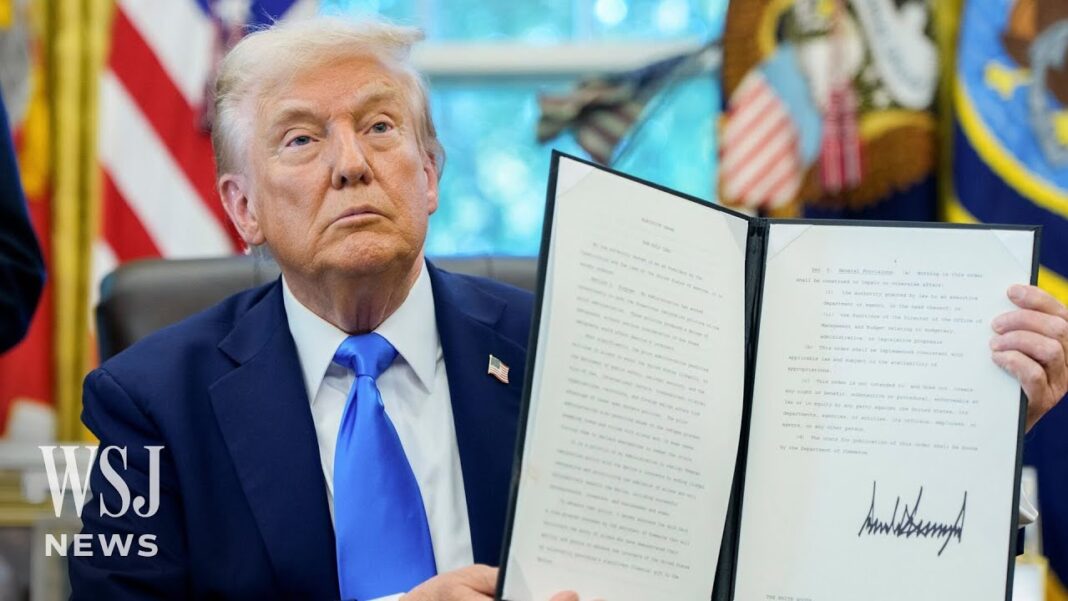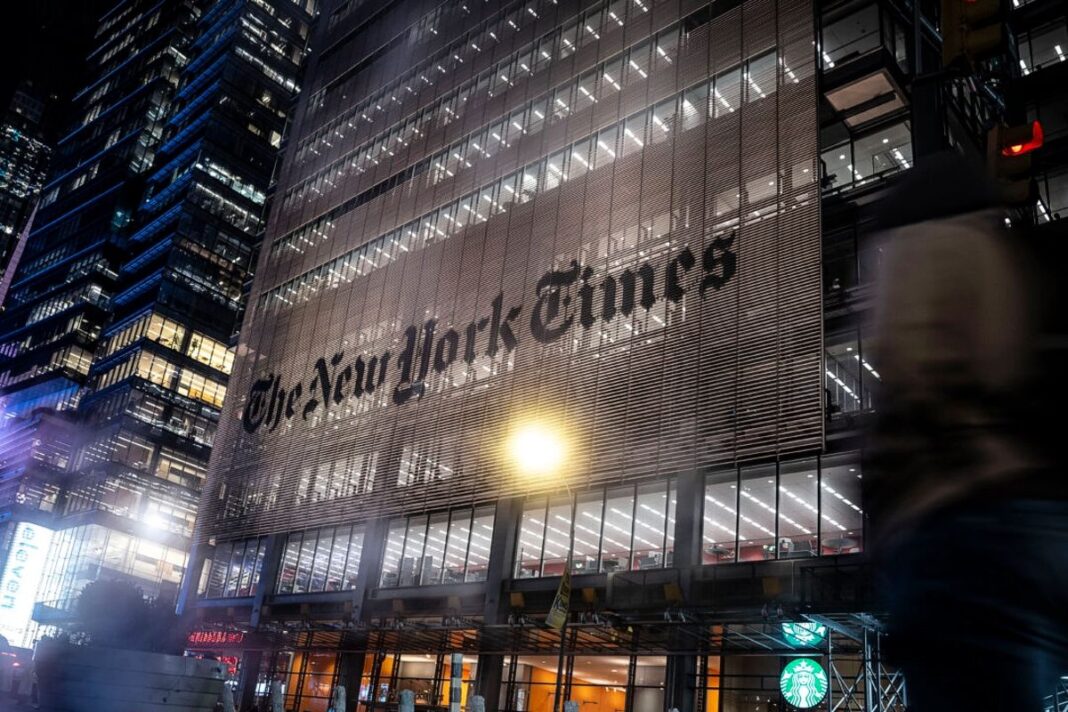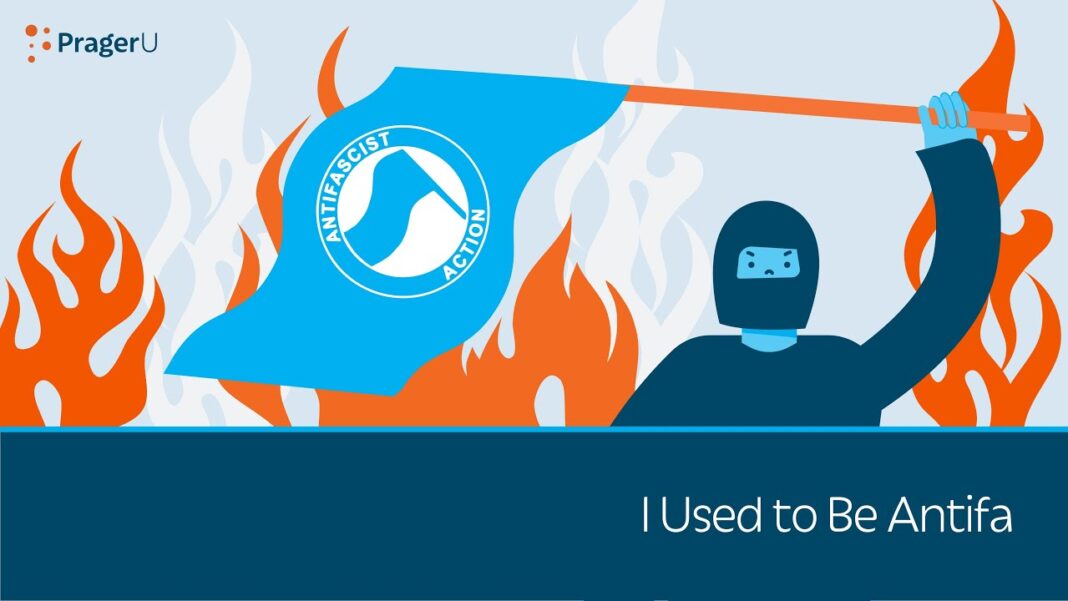The group said that the fee is tantamount to federal overreach.
The U.S. Chamber of Commerce filed a lawsuit challenging President Donald Trump’s $100,000 fee on new H-1B visas for foreign workers.
The business group said in its lawsuit that a proclamation issued by Trump in September to impose the fee on new H-1B visa applications is federal overreach and would disrupt the U.S. visa system.
The H-1B program allows U.S. employers to hire foreign workers in specialty fields, and technology companies in particular rely heavily on workers who receive H-1B visas. The program offers 65,000 visas annually, with another 20,000 visas for workers with advanced degrees, approved for three to six years.
The program’s critics, including members of the Trump administration, have said that H-1Bs and work visa programs are often used to replace American workers with cheaper foreign labor and that H-1Bs don’t necessarily bring in the most skilled individuals to fill positions.
However, business groups and major companies, including the Chamber of Commerce in its lawsuit, have said H-1Bs are a critical means of addressing a shortage of qualified American workers.
“The new $100,000 visa fee will make it cost-prohibitive for U.S. employers, especially start-ups and small and midsize businesses, to utilize the H-1B program, which was created by Congress expressly to ensure that American businesses of all sizes can access the global talent they need to grow their operations” inside the United States, Neil Bradley, a chief policy officer at the Chamber of Commerce, said in a statement.
Bradley added in his statement that to support U.S. economic growth, there needs to be “more workers, not fewer,” while praising the Trump administration for other immigration-related actions such as bolstering security at the U.S.–Mexico border.
The chamber also argued in its lawsuit that the $100,000 payment does not amount to an entry restriction because it is paid by businesses and not visa recipients.
Trump’s order bars new H-1B recipients from entering the United States unless the employer sponsoring their visa has made an additional $100,000 payment. The fee will first apply to H-1B applicants selected in an annual lottery that takes place in March.








